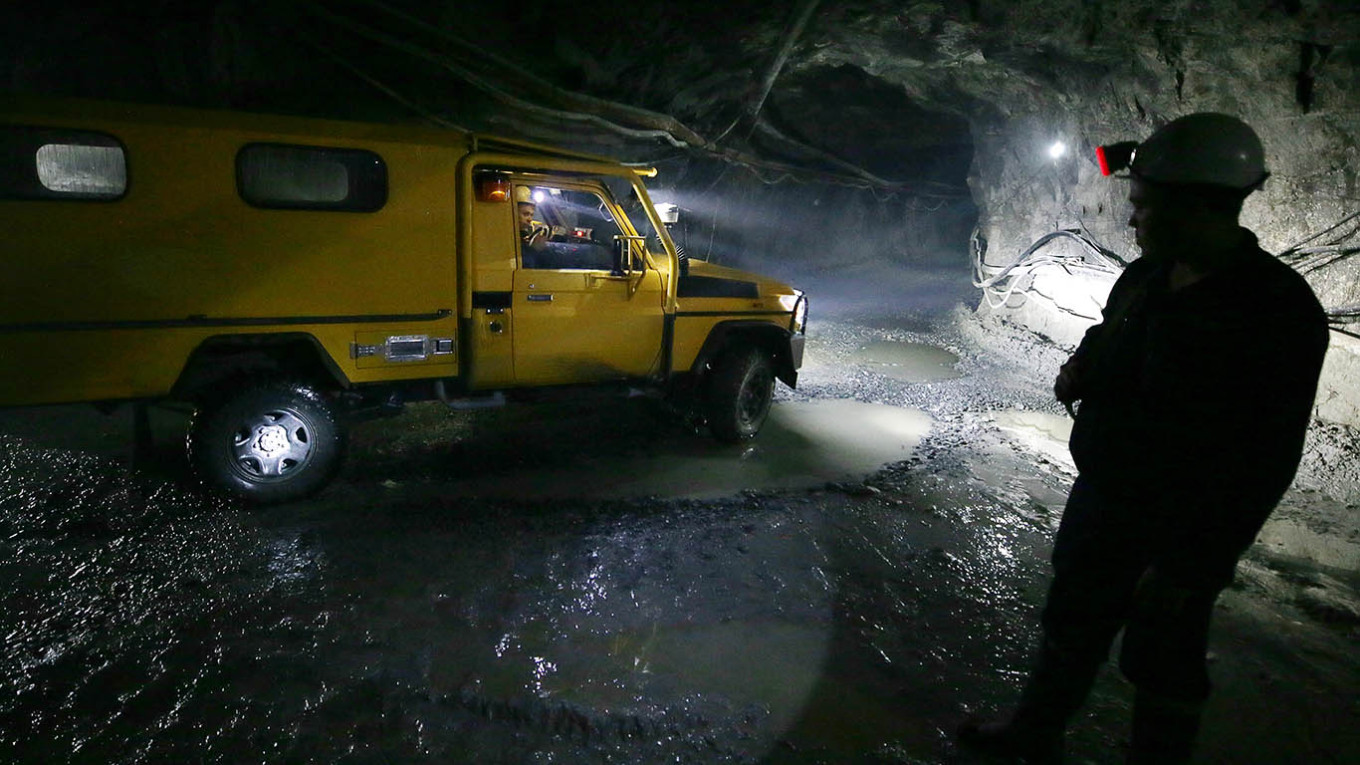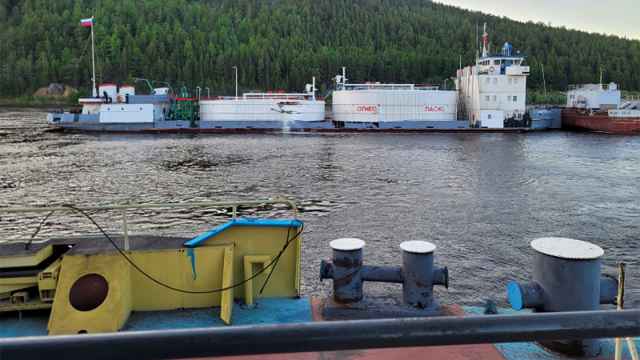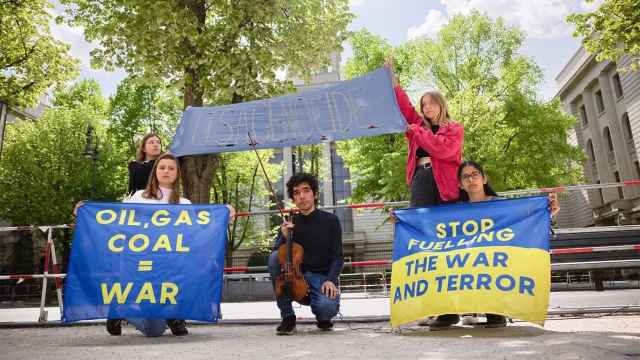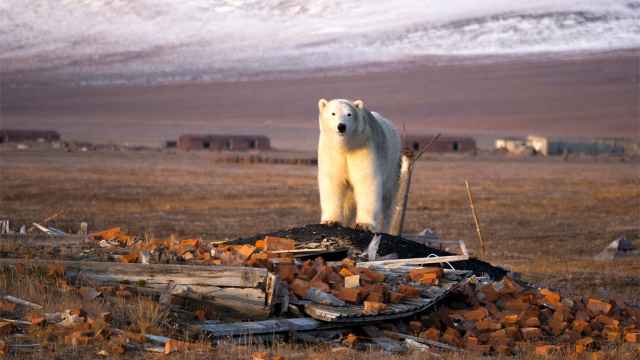While activists in the West demand to eat the rich — or at least tax them properly — Russia seems to be taking small steps in that direction. But while some might see it as a good thing, as a Russian-Armenian environmentalist, I know better than to trust the Russian judicial system. It never acts in the interests of ordinary people. Everything is a performance and way to solidify President Vladimir Putin's power.
The recent court decision ordering billionaire Konstantin Strukov himself, not just his corporation, to pay $50 million over a mining disaster might look like long-awaited justice. It could even be seen to set a precedent of personal accountability for billionaires in Russia.
But in reality, it says less about environmental responsibility and more about the Kremlin’s internal politics.
In July 2025, a Russian court had already ordered Strukov’s controlling 67.8% stake in Yuzhuralzoloto, the country’s third-largest gold producer, to be transferred to the state. In other words, his company has already been de facto nationalized. The fine seems less like a punishment for environmental crimes and more like the final step in the Kremlin taking over Strukov’s business. In Putin’s Russia, even green justice becomes another instrument of power, where billionaires are not held accountable for destroying nature, but for failing to show sufficient loyalty.
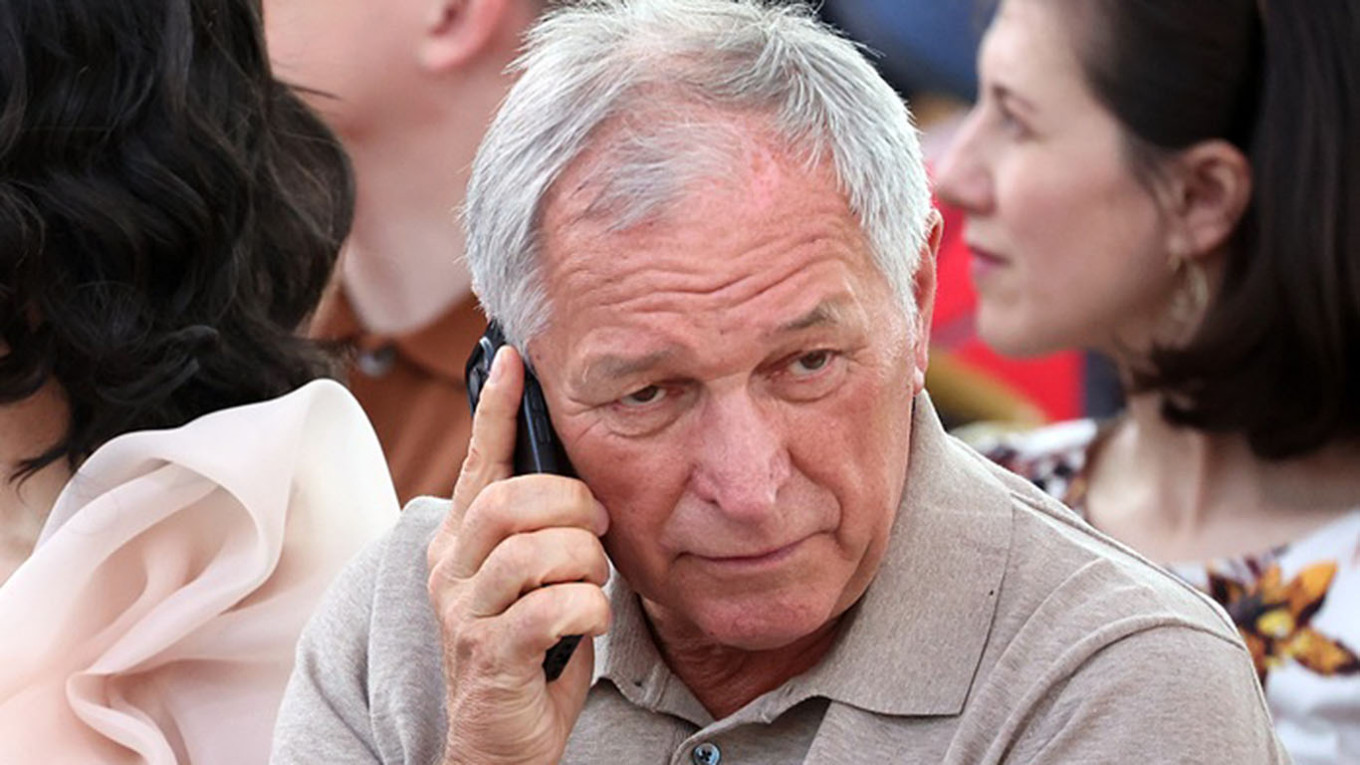
In today’s Russia, most of the largest environmental NGOs have been declared “undesirable” or “foreign agents” and forced to shut down. Activists like me have been forced into exile. Meanwhile, those who dared to stand up against the destruction of nature after the beginning of full-scale invasion inside today’s Russia, such as Fayil Alsynov in Bashkortostan, have been imprisoned along with dozens of protesters. The people who truly defended the environment are behind bars or abroad. While Strukov faced trial, it was not only for his environmental crimes.
Because convictions for environmental crimes in Russia are the exception to the rule. In 2020, right before the pandemic, I traveled to Novokuznetsk, a coal-mining town, where black mountains of burning coal slag surround the city. The pollution is catastrophic; mortality and cancer rates are far above the national average. Yet no one is held accountable for violating environmental norms.
If the authorities really wanted to act, those burning slag heaps would be hard to miss. The FSB surely knows the names of the oligarchs responsible, but they will never be jailed or fined if they remain loyal enough to Putin’s regime. This is the story across the whole country: show trials masquerade as environmental enforcement while serving only to enforce political loyalty.
The fine itself is one thing. But what’s even more serious is that the regime has already begun the process of taking over Strukov’s empire.
It has become a familiar pattern: when oligarchs fall out of political favor, their environmental crimes suddenly matter to the Kremlin.
This pattern of selective punishment also reflects how the regime defines its enemies. In Russia, there are several unpopular groups: non-Russians, people like me who dare to speak openly about racism or politics, and oligarchs who exploit everyone else, provoke ecological disasters and act with impunity.
The case against Strukov is also likely connected to Russia’s deepening economic crisis. The economy is clearly struggling and the Kremlin is planning to raise taxes on ordinary citizens with the explicit purpose of funding the war in Ukraine and plugging a swelling budget deficit. To justify this burden, it needs showcase trials — a way to convince the public that not only ordinary Russians must pay for the war, but also some expendable, low-ranking oligarchs. Sacrificing a pawn helps Putin maintain the illusion of fairness while continuing to seize wealth and strip rights from the Russian people.
Perhaps now we need to update the old saying: “First they came for the Jews, and I was silent. Then they came for Navalny, and I was silent. And when they came for the Russian oligarchs, there was no one to speak out for them.”
We need a change to the system, not show trials.
This is not the first time Russia has handed out big fines for environmental disasters. Environmental activists like me protested, demanded systemic changes and real climate action in response to the 2020 Norilsk oil spill. But nothing changed. The government only needed a headline with a $2-billion fine to calm people down. Since then, environmental legislation has worsened, especially in the regions beyond Moscow and St. Petersburg, as seen in the growing threats to Lake Baikal.
The regime doesn’t care about the environment. It only needs cheap money for war and repression. Without independent NGOs and activists, there is no one left to expose ecological crimes.
Unfortunately, the Russian opposition in exile is busy simply trying to survive. Environmental issues were never a priority for most of its members, anyway. Most international media and NGOs have also stopped writing about Russia, even about wildfires and other ecological disasters, because trying to make change in a dictatorship feels futile.
As a result, a kind of vacuum has formed. A terrible silence. And if we forget what it was like when we took to the streets to protest environmental catastrophes, and sometimes even achieved victories, this fine might almost seem like good news. But in reality, it’s just another move in a power game.
Honestly, I don’t pity the oligarchs. It’s just how the system works. But still, it’s ironic that even they can’t escape repression. I think it’s time for Russians to understand that this system works against everyone, including those inside it.
There’s no sense in dreaming of private jets when you can be arrested at any moment. There’s no sense in conquering new territories when your own country is poisoned and dying.
Environmental justice in Russia will only begin when the system that destroys both people and nature is gone. If we manage to persuade even one more oligarch — beyond Mikhail Khordokovsky — to join the resistance, that could make a difference.
Once, I was inspired by Greta Thunberg. Back in 2018, she was just an activist somewhere in Europe. But she showed me that even my voice could matter. And even though Russian oligarchs are afraid, and I understand them, I want to tell them this: if I, a minority and a student, found the courage to speak out and make some difference, they can too.
A Message from The Moscow Times:
Dear readers,
We are facing unprecedented challenges. Russia's Prosecutor General's Office has designated The Moscow Times as an "undesirable" organization, criminalizing our work and putting our staff at risk of prosecution. This follows our earlier unjust labeling as a "foreign agent."
These actions are direct attempts to silence independent journalism in Russia. The authorities claim our work "discredits the decisions of the Russian leadership." We see things differently: we strive to provide accurate, unbiased reporting on Russia.
We, the journalists of The Moscow Times, refuse to be silenced. But to continue our work, we need your help.
Your support, no matter how small, makes a world of difference. If you can, please support us monthly starting from just $2. It's quick to set up, and every contribution makes a significant impact.
By supporting The Moscow Times, you're defending open, independent journalism in the face of repression. Thank you for standing with us.
Remind me later.



